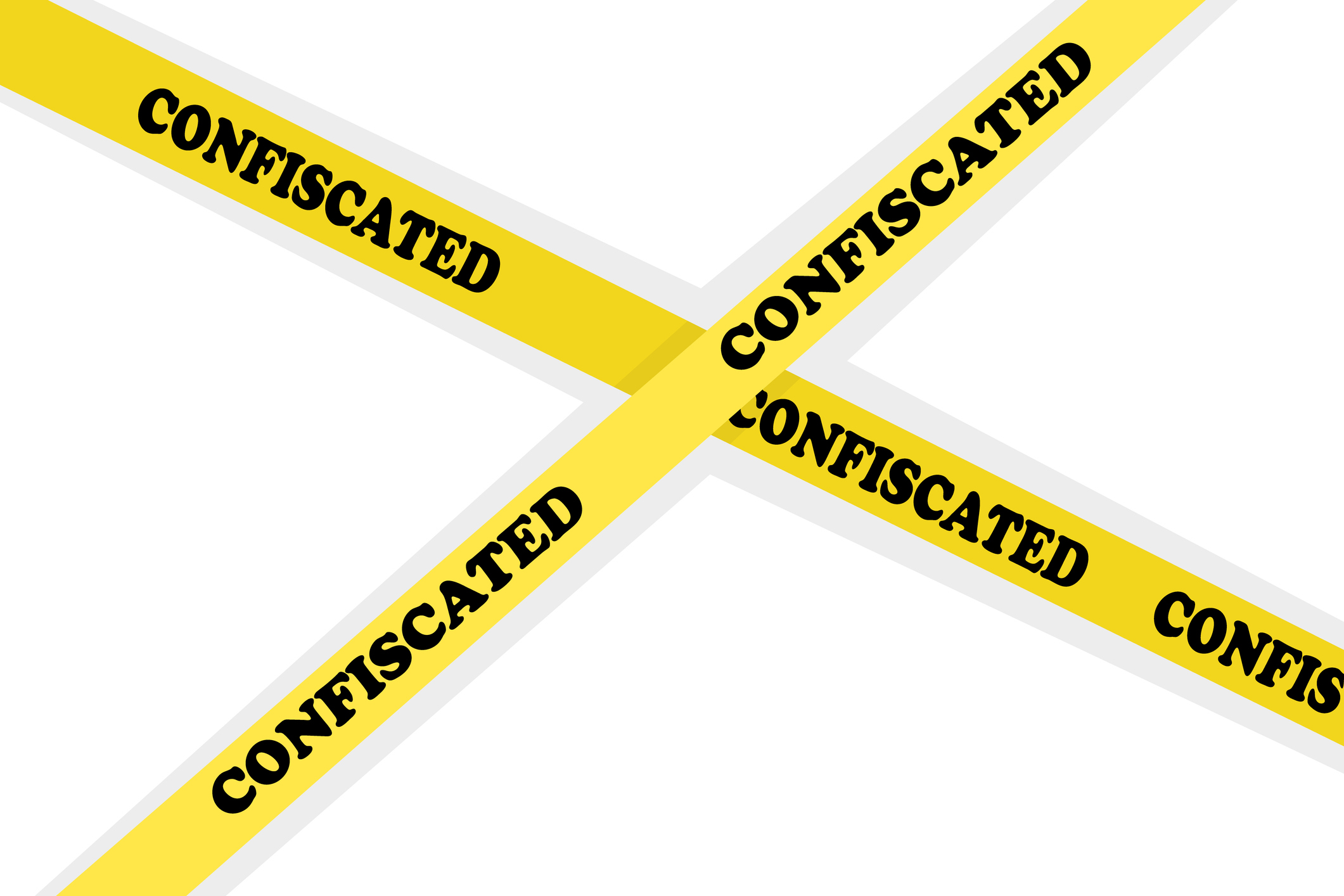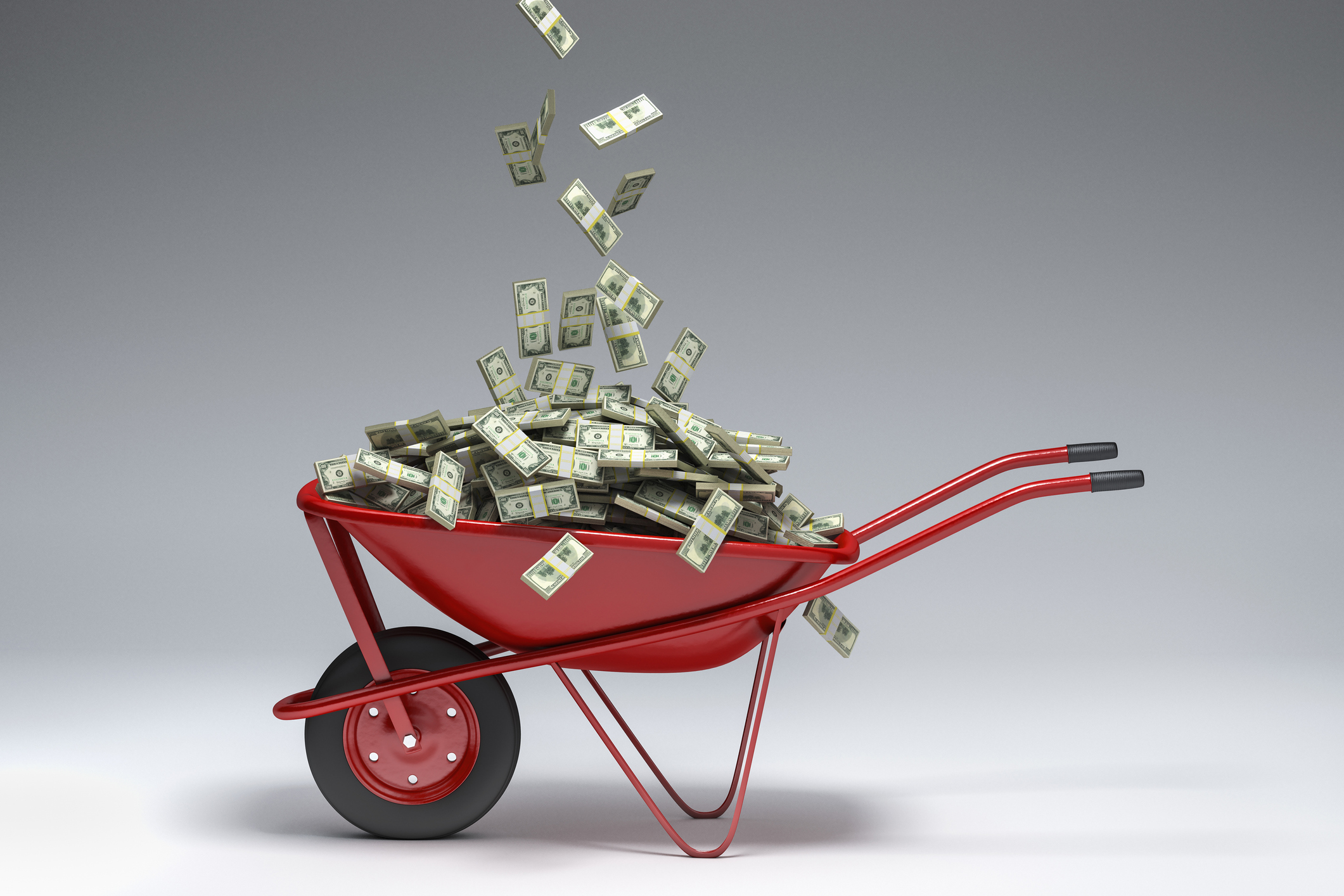Tax-Free Capital Gains: A Tax Break for the Middle Class
Taxpayers in the two lowest brackets owe no tax at all on long-term gains and qualified dividends.

Profit and prosper with the best of Kiplinger's advice on investing, taxes, retirement, personal finance and much more. Delivered daily. Enter your email in the box and click Sign Me Up.
You are now subscribed
Your newsletter sign-up was successful
Want to add more newsletters?
For most people, long-term capital gains are taxed at 15%. Same goes for qualified dividends. The wealthiest investors are taxed at 20%.
But investors in the two lowest income tax brackets pay no tax at all on capital gains and dividends. That can be a nice break for retirees, who are not taxed on some or all of their Social Security benefits. The unemployed, who may have had to tap their investments to make ends meet, can also benefit.
To take advantage of the zero-percent capital-gains rate for 2015, taxable income can't exceed $37,450 if you are single; $50,200 if you are a single head of household with dependents; or $74,900 if you are married filing jointly. Note that this is taxable income. That's what's left after you subtract personal exemptions, as well as your itemized deductions or standard deduction, from your adjusted gross income.
From just $107.88 $24.99 for Kiplinger Personal Finance
Become a smarter, better informed investor. Subscribe from just $107.88 $24.99, plus get up to 4 Special Issues

Sign up for Kiplinger’s Free Newsletters
Profit and prosper with the best of expert advice on investing, taxes, retirement, personal finance and more - straight to your e-mail.
Profit and prosper with the best of expert advice - straight to your e-mail.
There are plenty of other ways to save when you file your return. Check out eight more tax breaks for the middle class.
Profit and prosper with the best of Kiplinger's advice on investing, taxes, retirement, personal finance and much more. Delivered daily. Enter your email in the box and click Sign Me Up.

In his former role as Senior Online Editor, David edited and wrote a wide range of content for Kiplinger.com. With more than 20 years of experience with Kiplinger, David worked on numerous Kiplinger publications, including The Kiplinger Letter and Kiplinger’s Personal Finance magazine. He co-hosted Your Money's Worth, Kiplinger's podcast and helped develop the Economic Forecasts feature.
-
 Safe or Seizable?: The IRA & Bankruptcy Protection Quiz
Safe or Seizable?: The IRA & Bankruptcy Protection QuizQuiz Depending on the type of IRA you own and/or how you inherited it, your "safe" money might actually be on the table for creditors.
-
 New 9.9% Income Tax on Millionaires: What's Happening in Washington
New 9.9% Income Tax on Millionaires: What's Happening in WashingtonTax Policy Washington’s tax structure may be headed for another significant shift. Will more states start "taxing the rich"?
-
 $3,000 Checks for Most Households? Lawmakers' New Billionaire Tax Plan Unveiled
$3,000 Checks for Most Households? Lawmakers' New Billionaire Tax Plan UnveiledWealth Taxes Two prominent lawmakers are proposing to "tax the rich" and send some proceeds to taxpayers. Could it be a sign of things to come?
-
 Florida Wants to Eliminate Property Tax: Here’s Who Would Really Pay Instead
Florida Wants to Eliminate Property Tax: Here’s Who Would Really Pay InsteadState Taxes A new proposal could significantly reduce property taxes for many Florida homeowners. Here’s how the plan would recalibrate the state’s tax structure and shift who ultimately pays the price.
-
 Over 65? Here's What the New $6K Senior Tax Deduction Means for Medicare IRMAA
Over 65? Here's What the New $6K Senior Tax Deduction Means for Medicare IRMAATax Breaks A new tax deduction for people over age 65 has some thinking about Medicare premiums and MAGI strategy.
-
 In Arkansas and Illinois, Groceries Just Got Cheaper, But Not By Much
In Arkansas and Illinois, Groceries Just Got Cheaper, But Not By MuchFood Prices Arkansas and Illinois are the most recent states to repeal sales tax on groceries. Will it really help shoppers with their food bills?
-
 New Bill Would Eliminate Taxes on Restored Social Security Benefits
New Bill Would Eliminate Taxes on Restored Social Security BenefitsSocial Security Taxes on Social Security benefits are stirring debate again, as recent changes could affect how some retirees file their returns this tax season.
-
 Can I Deduct My Pet On My Taxes?
Can I Deduct My Pet On My Taxes?Tax Deductions Your cat isn't a dependent, but your guard dog might be a business expense. Here are the IRS rules for pet-related tax deductions in 2026.
-
 Tax Season 2026 Is Here: 8 Big Changes to Know Before You File
Tax Season 2026 Is Here: 8 Big Changes to Know Before You FileTax Season Due to several major tax rule changes, your 2025 return might feel unfamiliar even if your income looks the same.
-
 2026 State Tax Changes to Know Now: Is Your Tax Rate Lower?
2026 State Tax Changes to Know Now: Is Your Tax Rate Lower?Tax Changes As a new year begins, taxpayers across the country are navigating a new round of state tax changes.
-
 3 Major Changes to the 2026 Charitable Deduction
3 Major Changes to the 2026 Charitable DeductionTax Breaks About 144 million Americans might qualify for the 2026 universal charity deduction, while high earners face new IRS limits. Here's what to know.